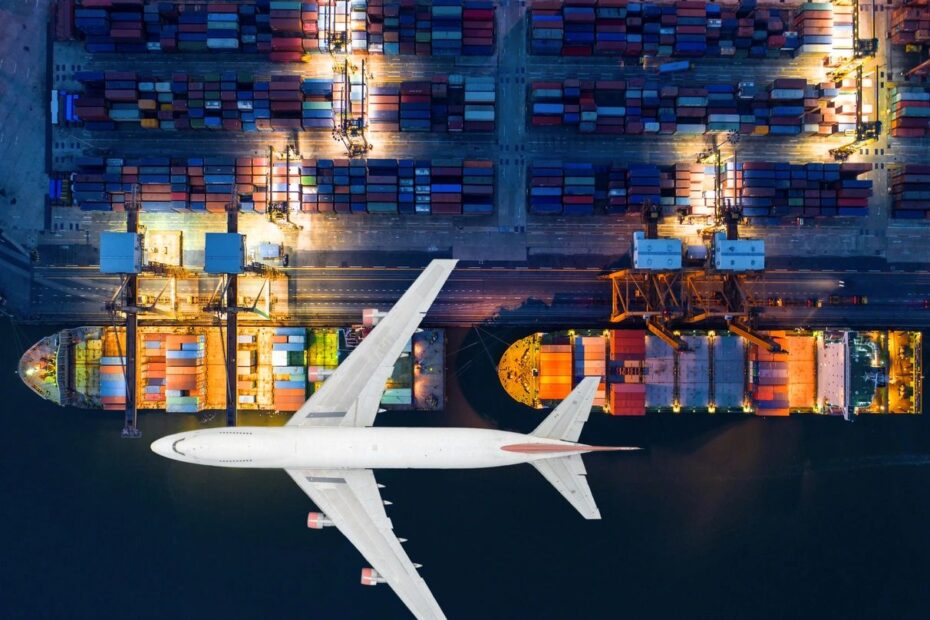Embracing Change: An Introduction to the CBSA CARM Project
In the realm of customs and logistics, change is on the horizon with the Canada Border Services Agency’s (CBSA) Assessment and Revenue Management (CARM) project. This multi-year digital initiative promises to revolutionize the way duties and taxes are collected for goods entering Canada. Let’s embark on a beginner’s guide to understand the nuances and benefits of this transformative project.
CARM Unveiled: Release 1 and Beyond
The CBSA’s CARM project, initiated in May 2021, is a forward-thinking digital transformation aimed at modernizing and streamlining the importing process for commercial goods. The project’s phased approach, with Release 1 already completed and Release 2 scheduled for May 2024, promises a range of benefits for importers.
Key Features of CARM:
Modern Interface and Self-Service Access: CARM will provide a modern interface for importing into Canada, offering importers self-service access to their information.
Improved Compliance: The project aims to enhance consistency in compliance with trade rules, ensuring a smoother importing process.
Release 2 Soft Launch: A soft launch of Release 2 took place in October 2023, allowing industry partners to test their systems and certify software with CARM.
Official System of Record: By May 2024, CARM will become the official system of record for duty and tax collection, introducing various changes to existing processes.
The Evolution of Release Prior to Payment (RPP) Program
One significant facet of CARM is its impact on the Release Prior to Payment (RPP) program. Importers accustomed to using their customs broker’s RPP security will witness a shift. Starting May 2024, importers seeking RPP privileges must post their own financial security, choosing between a financial security instrument or a cash deposit. The CBSA has laid out a comprehensive plan to guide importers through this transition, emphasizing calculations, posting bonds, and cash deposits.
Commercial Accounting Declarations (CAD)
May 2024 brings not just change but innovation with the introduction of the Commercial Accounting Declaration (CAD). This digital document replaces the traditional customs coding forms (B3) and request for adjustment forms (B2). Importers gain the flexibility to submit, correct, or adjust CADs via the CARM Client Portal, electronic data interchange (EDI), or an application programming interface (API). The system’s automatic duty and tax calculations simplify the process, allowing interest-free corrections up to the payment due date.
Harmonizing Billing Cycles for a Unified Future
Enter May 2024, and CARM harmonizes billing cycles, aligning payment due dates for various importer categories. From High-Value Shipments (HVS) to Customs Self-Assessment (CSA) programs, the new system introduces consistency in payment timelines. Importantly, the payment due date becomes a uniform 10 weekdays after the 17th of the calendar month, ensuring clarity and streamlining financial processes for importers.
Anticipating Further Enhancements: Fall 2024
As we navigate through the transformative waves of CARM, the journey doesn’t end in May 2024. Further enhancements are expected in the Fall of 2024, promising continuous improvements and innovations in the customs and logistics landscape. Stay tuned for updates and embrace the evolution of import processes.
In conclusion, the CBSA CARM project is a catalyst for positive change in the world of customs and logistics. From Release 1 to the introduction of CADs and harmonized billing cycles, every aspect is designed to simplify and enhance the importing experience. As a beginner, staying informed and proactive will pave the way for a seamless transition into the future of customs procedures.
Let Ramsay Help!
During this transition, our team at Ramsay Customs & Logistics is here to help, ready to guide you through the intricacies of the CBSA Assessment and Revenue Management (CARM) project. All importers will need to create their CARM client portals to begin the process. We understand that registering the business side involves a need for detailed information tailored to your specific transactions. We are also working with providers to assist current and future importers with security bonds. For any questions, clarifications, or assistance, reach out to us! https://ramsaylogistics.com/contact-us/
For more information, check out the official website.
For onboarding guides and more information click HERE
